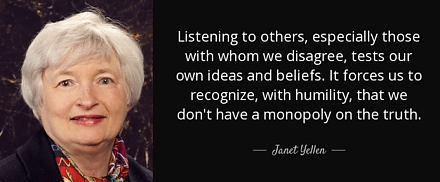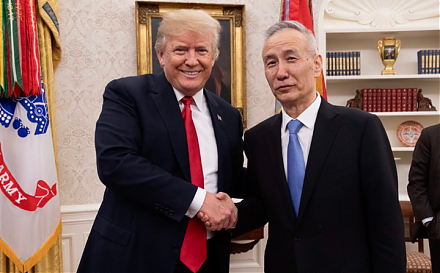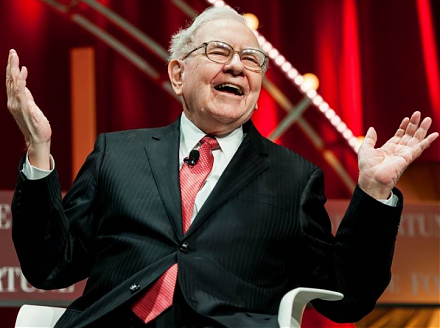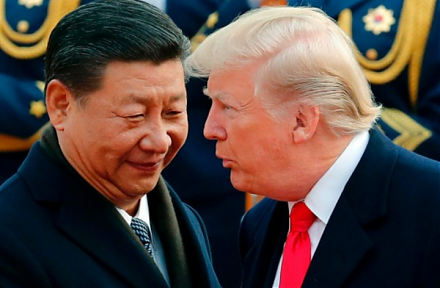

2017-03-09 05:32:00 Thu ET
stock market gold oil stock return s&p 500 asset market stabilization asset price fluctuations stocks bonds currencies commodities funds term spreads credit spreads fair value spreads asset investments

From 1927 to 2017, the U.S. stock market has delivered a hefty average return of about 11% per annum. The U.S. average stock market return is high in stark contrast to the average returns on bonds, currencies, mutual funds, exchange funds, warrants, and commodities such as gold, silver, oil, and wheat.
Behavioral economists such as Nobel Laureate Richard Thaler have coined this macrofinancial anomaly *the equity premium puzzle*.
This equity premium puzzle suggests that the U.S. double-digit performance is too high to reasonably reflect the typical investor's relative risk aversion in light of low consumption growth.
While many scholars strive to resolve this equity premium puzzle with complex math models, some recent evidence suggests that the American stock market experience proves to be the exception that defies the rule of thumb.
In other words, the American stock market stands out of the international crowd in terms of long-term average aggregate performance.
Positive U.S. investor sentiment highlights the long-term outperformance of the U.S. stock market relative to many other asset classes.
U.S. stocks remain the primary investment vehicle for most global institutional investors and North American retail investors.
Information technology usage, diffusion, and proliferation have spurred the U.S. spectacular stock market vibrancy over the past few decades.
If any of our AYA Analytica financial health memos (FHM), blog posts, ebooks, newsletters, and notifications etc, or any other form of online content curation, involves potential copyright concerns, please feel free to contact us at service@ayafintech.network so that we can remove relevant content in response to any such request within a reasonable time frame.
2019-03-05 10:40:00 Tuesday ET

We may need to reconsider the new rules of personal finance. First, renting a home can be a smart money move, whereas, buying a home cannot always be a good
2018-11-21 11:36:00 Wednesday ET

Apple upstream suppliers from Foxconn and Pegatron to Radiance and Lumentum experience sharp share price declines during the Christmas 2017 holiday quarter.
2017-12-11 08:42:00 Monday ET

Fed Chair Janet Yellen says the current high stock market valuation does not mean overvaluation. A stock market quick fire sale would pose minimal risk to t
2018-10-17 12:33:00 Wednesday ET

The Trump administration blames China for egregious currency misalignment, but this criticism cannot confirm *currency manipulation* on the part of the Chin
2018-11-27 10:37:00 Tuesday ET

Warren Buffett offloads a few stocks from the Berkshire Hathaway portfolio in mid-November 2018. The latest S.E.C. report shows that the Oracle of Omaha sol
2018-07-13 09:41:00 Friday ET

Yale economist Stephen Roach warns that America has much to lose from the current trade war with China for a few reasons. First, America is highly dependent